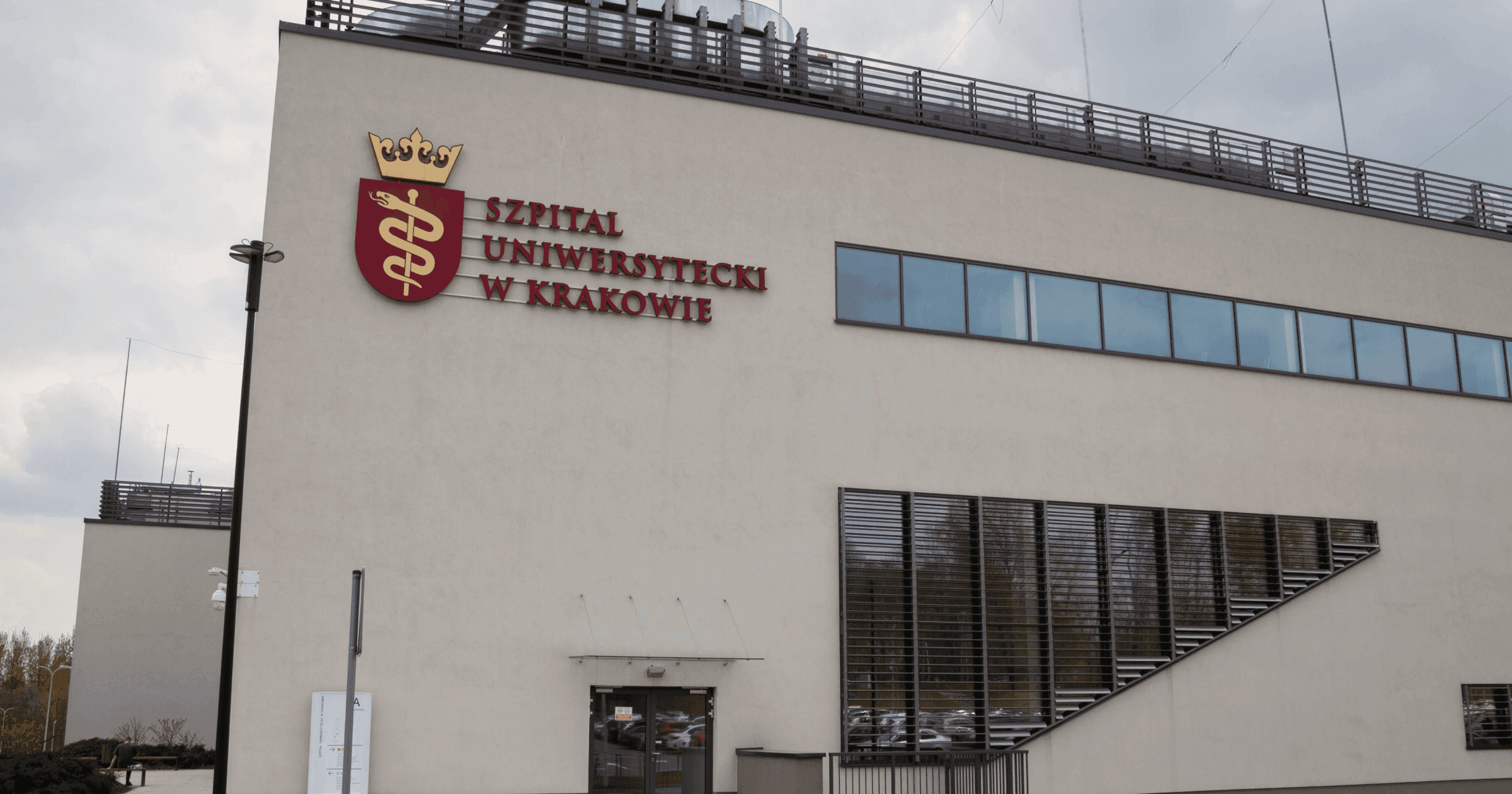When travelling or living abroad, health concerns are inevitable. Whether you're an expat settling down in Poland or a traveller exploring this beautiful country, understanding how to access medical care is crucial. This comprehensive guide covers everything you need to know about visiting a doctor in Poland, including insights into the healthcare system, booking appointments, necessary documents, and tips for expats and travellers.
Understanding healthcare in Poland
Booking appointments and visiting a doctor
Tips for expats and travellers
Poland’s urgent care and emergency services
Healthcare in Poland for foreigners
Poland: medical services and costs
Understanding healthcare in Poland
Poland's medical system combines public and private services. The public system is funded by the National Health Fund (NFZ) and provides access to a wide range of medical services. However, wait times for certain treatments can be long, leading many to opt for private healthcare in Poland.
Public healthcare in Poland
Public healthcare in Poland is accessible to residents who contribute to the NFZ through their health insurance — through the employer or an insurance company (for example, for the self-employed). While public healthcare in Poland is comprehensive, it is often criticised for its lengthy wait times and bureaucratic processes. If you do not have insurance, you can use paid services.
Private health insurance in Poland
Many expats and travellers prefer private healthcare due to its convenience and shorter wait times. Poland’s medical facilities offering private services are well-equipped. However, these services come at a cost, and having private health insurance in Poland can significantly offset these expenses.
Common symptoms and phrases in Polish:
- Ból - Pain
- Gorączka - Fever
- Kaszel - Cough
- Ból głowy - Headache
- Ból brzucha - Stomach ache
- Mdłości - Nausea
- Wymioty - Vomiting
- Biegunka - Diarrhea
- Zawroty głowy - Dizziness
- Wysypka - Rash
- Ból gardła - Sore throat
- Proszę - Please
- Dziękuję - Thank you
- Czy mówi Pan/Pani po angielsku? - Do you speak English?
- Nie czuję się dobrze - I don't feel well
- Gdzie jest najbliższy szpital? - Where is the nearest hospital?
- Potrzebuję lekarza - I need a doctor

Booking appointments and visiting a doctor
Booking an appointment with a doctor in Poland can be done in several ways. For public healthcare, you can visit a local clinic (przychodnia) or hospital in Poland. Most clinics allow you to book appointments in person, over the phone, or online. You can book directly through the clinic or hospital's website or health insurance providers for private healthcare.
When visiting a doctor in Poland, it's essential to bring the necessary documents, including your ID, health insurance card, and any previous medical records. Communication can sometimes be a challenge, as not all doctors speak English fluently. Having a Polish-speaking friend accompany you or using translation apps to bridge the language gap is advisable.
Taxi, delivery driver jobs in Poland
Tips for expats and travellers
Always carry your ID, health insurance card, and any relevant medical records when visiting a doctor. For non-EU citizens, having a travel insurance policy with medical coverage is essential.
While many medical professionals in Poland speak English, it's not always guaranteed. Learning basic Polish medical terms or using translation apps can help during your visit. Additionally, some private clinics cater specifically to expats and have English-speaking staff.
Pharmacies (apteka) are widely available in Poland, and many medicines can be obtained over the counter. However, prescription medications must be obtained from a doctor. Therefore, it's a good idea to bring a supply of any regular medications you take when travelling to Poland.
Along with navigating the healthcare system, sending money abroad is an essential part of living in Poland as an expat. One of the most helpful tips for transferring funds to loved ones is using money transfer companies, such as Profee. We are a licensed European company providing competitive exchange rates for remittances to 65+ countries worldwide. Enjoy little to no fees, safety, and fast delivery while staying connected with friends and family, no matter the distance.
Poland’s urgent care and emergency services
Poland has numerous urgent care centres and hospitals equipped to handle emergencies. In case of non-life-threatening conditions, you can visit Poland’s urgent care centre (nocna i świąteczna opieka zdrowotna). These centres provide immediate medical attention without the need for an appointment.
For life-threatening emergencies, dial 112 for an ambulance. Emergency services in Poland are efficient, responsive, and well-coordinated. All hospitals in Poland have emergency departments (SOR) equipped to handle severe medical conditions.
Healthcare in Poland for foreigners
Health insurance in Poland is crucial for accessing both public and private healthcare services. EU citizens can use their European Health Insurance Card (EHIC) to receive medical care under the same conditions as Polish residents. For non-EU citizens in Poland, medical expenses should be covered by comprehensive health insurance.
Healthcare in Poland for foreigners can be accessed under the following conditions:
- Registration. Migrant workers must register with the NFZ to access public healthcare. The procedure involves obtaining a PESEL number (Polish national identification number) and providing proof of employment or insurance coverage.
- Insurance contributions. Typically, employers pay employees' insurance payments.
- European Health Insurance Card (EHIC). EU citizens can use the EHIC to access necessary medical care during their temporary stay in Poland. EHIC covers emergency medical care and treatment of chronic conditions if needed.
Poland: medical services and costs
Public healthcare, including general medical care, specialist consultations, hospital treatment and emergency services, is free. The cost of voluntary NFZ insurance usually ranges from PLN 450 to PLN 700 per month.
The largest private insurance companies in Poland include Signal Iduna, Wiener, PZU, Luxmed, Medicover and Enel-Med. The private insurance costs vary significantly between PLN 1,400 and PLN 8,000 per year depending on the service and provider.
Speed limits in Poland, fines, and strange laws
Navigating Poland’s medical services and healthcare system may seem daunting at first, but with the right information and preparation, it becomes manageable. Whether you're an expat or a traveller, understanding the ins and outs of visiting a doctor in Poland ensures you can access the medical care you need efficiently. Remember to carry your essential documents, consider private healthcare for quicker service, and don't hesitate to seek help from local communities or expat groups.



